At the Oregon Institute of Occupational Health Sciences, programs and partnerships are critical to our work and enable the translation of research findings into practical solutions and resources that benefit worker health. We partner with workers and supervisors, public and private sector organizations, government agencies and industry groups to understand and address the health-related challenges facing the 21st century workforce.
Together with our partners, we develop tools, resources, training, and other solutions that promote healthy behaviors, reduce instances of workplace injuries and fatalities, and enable leaders to take positive actions to enhance worker health, safety, and well-being.
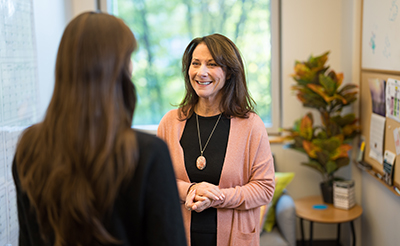
Oregon Healthy Workforce Center
The Oregon Healthy Workforce Center is a National Institute for Occupational Safety and Health (NIOSH) Total Worker Health® Center of Excellence. With support from NIOSH, we conduct research, outreach, and education to improve worker well-being following the Total Worker Health approach.
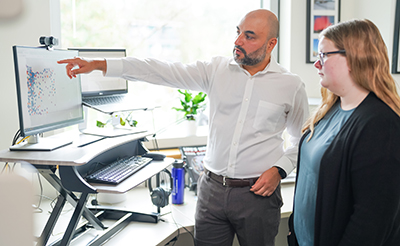
Occupational Public Health Program
The NIOSH-funded Occupational Public Health Program is a collaboration between the Oregon Health Authority and the Institute to conduct epidemiological surveillance of workplace injuries and illnesses and foster stakeholder partnerships to promote health and safety in the workplace.
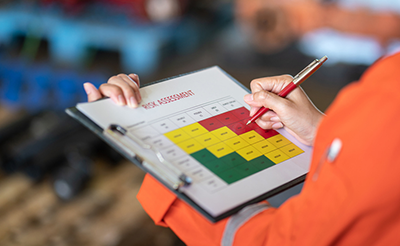
Oregon Total Worker Health® Alliance
The Total Worker Health® Alliance is a partnership between the Institute, the Oregon Occupational Safety and Health Administration, and SAIF Corporation that focuses on improving Oregon worker safety, health, and well-being by expanding the knowledge and application of Total Worker Health principles.
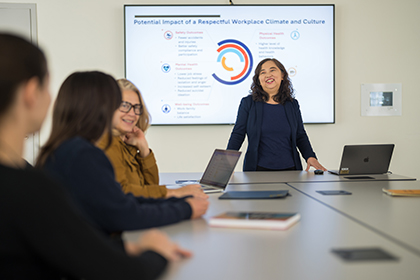
Respectful Workplace Initiative
The Respectful Workplace Initiative is a partnership between the Institute, the Oregon Bureau of Labor and Industries, and the Oregon Department of Transportation that supports state-mandated efforts to increase employee retention in the Oregon construction labor force.

Partnerships
Institute faculty and staff collaborate with a range of external partners, including academic, public, labor, and non-profit organizations, business and industry groups, and government agencies to conduct research and facilitate the translation of research into practical solutions to improve worker health.
Learn more about our work

Newsletter
Explore professional development opportunities, the latest updates from the Oregon Healthy Workforce Center and the Occupational Public Health Program, a research snapshot, and upcoming occupational health-focused events.

Blog
The Oregon and the Workplace blog features the latest from OccHealthSci research, professional development opportunities, and valuable insights from disciplines associated with occupational health, safety, and well-being.
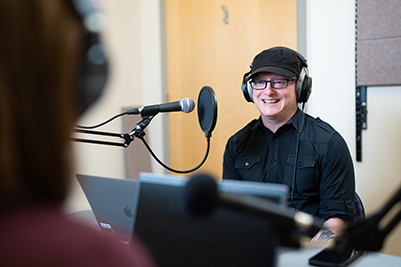
Podcast
The What's Work Got to Do with It podcast, produced by OccHealthSci, brings together occupational health, safety, and well-being experts to discuss the latest topics relating to worker health, well-being, and safety in Oregon and beyond.